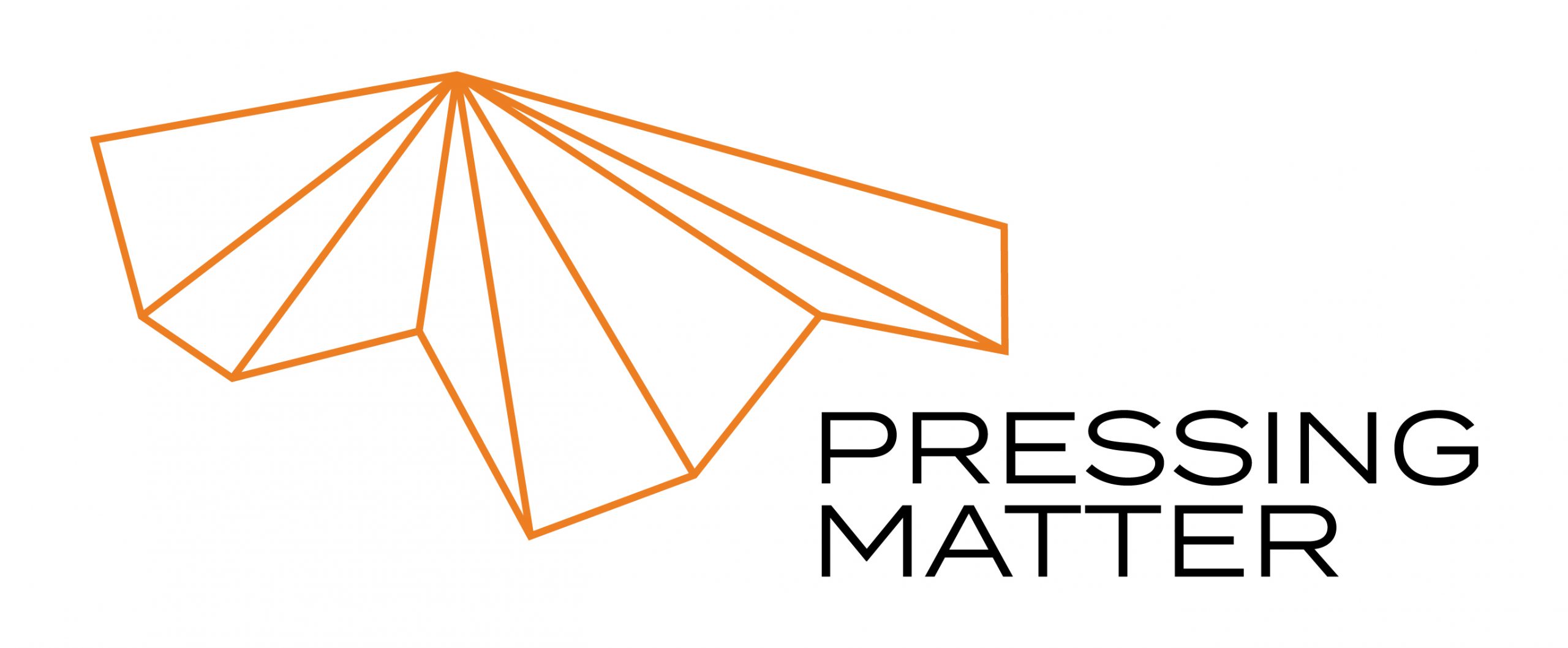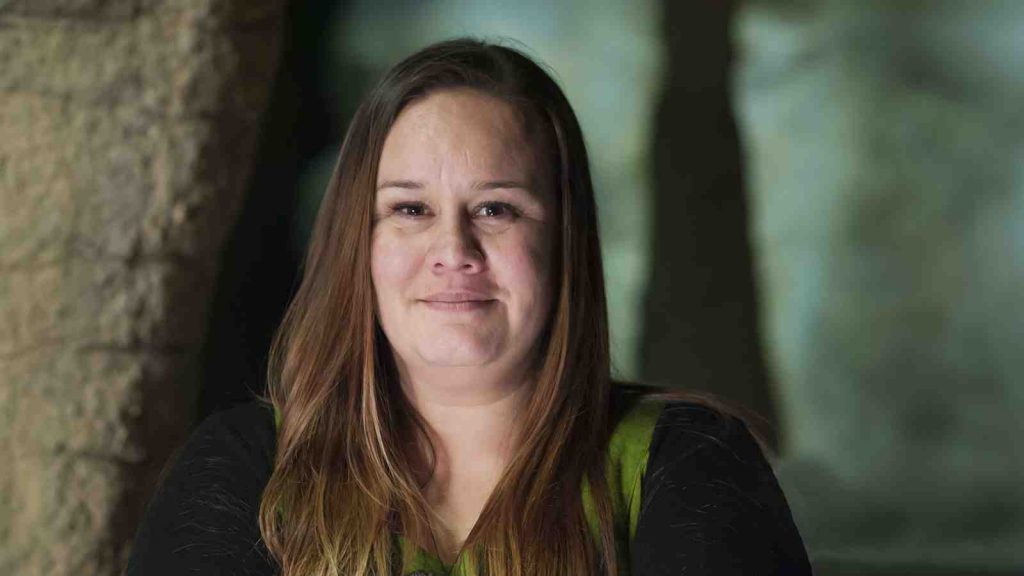
Amber Aranui
Comment for Pressing Matter
An important aspect of this project is ensuring that we are engaging with communities and countries of origin in our research. That way we can create relationships, share information and inform those connected on what we are doing. Are we engaging well? How, who, when and why?
The importance of engagement is “Not about us without us”. We need to really think about our level of engagement, ensure that it is meaningful and relationship building.
The work this project does effects all indigenous peoples/communities who have cultural objects and ancestors in the museums involved in this project. We must be aware of this.
Some questions to keep at the front on mind
- How does your research contribute to the reconciliation and healing from the colonial past?
- Who is your research for and why?
- Who does your research benefit?
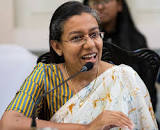
Naazima Kamardeen
Comment for Pressing Matter
I would like the research team to focus on the following matters:
- What is the broad scope /framework of the research?
- What is its scientific validity?
- What is its social validity and to which society? Global, Global North, Global South, former colonisers, former colonies etc.
- Is it exploratory or does it seek to support or defend a hypothesis that is already formulated?
- What are the basic research questions?
- What is being included and excluded from the research and why? I would like to know the role of each individual piece of research and how it was chosen. Was it because it was the individual researchers’ research interest, or was it chosen because it was in line with the objectives of the broad research?
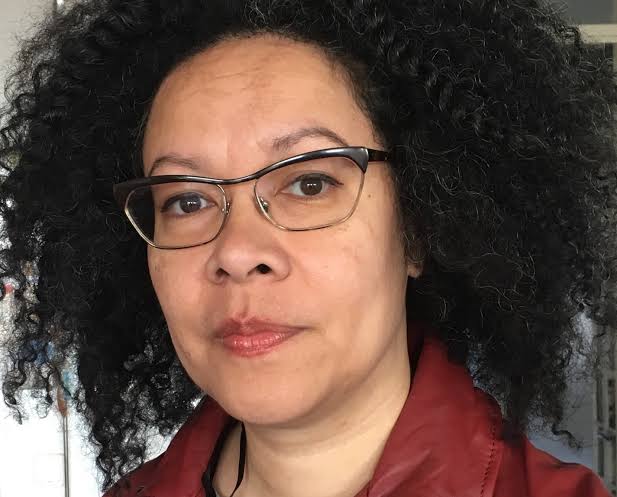
Nancy Jouwe
Comment for Pressing Matter
Pressing Matter is an intellectual endeavor but not just, it is also an ethical and a spiritual one. These entanglements become clear when we look at postcolonial diaspora communities, whose heritage is the focus of this research process.
For postcolonial communities in the diaspora, the colonial objects in our Dutch (and other western) depots are not just expressions of our diverse and rich cultures. They have spiritual, historic, and political meaning, and a personal meaning, as it can bring back memories of our youths. For people in the diaspora, we are mindful that these objects are with us in the diaspora, trapped in depots, and this has meaning too. Their presence resonates and gives joy, the way they are present and why, gives sorrow. Thus, diaspora communities are agents in this process rather than a sidenote. And their positioning can be and often will be different from indigenous communities who live in the places the objects come from. This has implications for the Pressing Matter project and we should be mindful of this.
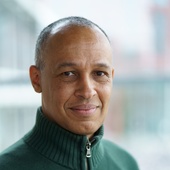
Guno Jones
Comment for Pressing Matter
I define my role as critical friend of Pressing Matter primarily as that of a sounding board. I see my role as that of someone who thinks along with the participants of the project. I can offer reflections and questions based on what I read and hear from presentations and texts by the participants of Pressing Matter. My questions about Pressing Matter derive from an awareness of the situated nature of dealings with afterlives of colonialism and global asymmetries in which they are embedded. From a diasporic perspective, Pressing Matter represents and extremely important phase in inquiring, questioning and reckoning with the afterlives of colonialism in the metropole. Some fifteen years ago, I could not have imagined a project of this type materializing, assuming that ‘reading’ Dutch heritage against the grain would always remain a ‘private’ issue. ‘Golden age? human catastrophe!’ I assumed that doing research by taking critical readings of Dutch history and heritage as a starting point was not fundable. Pressing Matter represents the critical turn I was hoping for, but we should be mindful of the shifting and unpredictable nature of the political context in the metropole and how it may affect projects such as these. Also, we should continue to contextualize the project: relevant actors in the ‘Global South’ may have ideas, emphasis, priorities and aims regarding restitution, repair and reparation that differ from intra-academic framings of these issues in the ‘Global North’, even if these build on the critical work of diasporas. Here are some related questions:
How can the project effectively include (or remain sensitive to) the perspectives and aims of relevant actors in the ‘Global South’ regarding restitution, repair and reparation?
Are the theoretical lenses broad enough to include perspectives from the Global South? How can these perspectives be included as part of the fabric of knowledge production on these topics and what are the complexities and challenges in this regard?
How may the project contribute to the lessening of global inequalities in knowledge production and between societies in general?
How do the participants of the project (analytically, ethically and politically) deal with the shifting nature of the political context that may enable, be conducive for or, conversely, present a backlash to the efforts of the project?
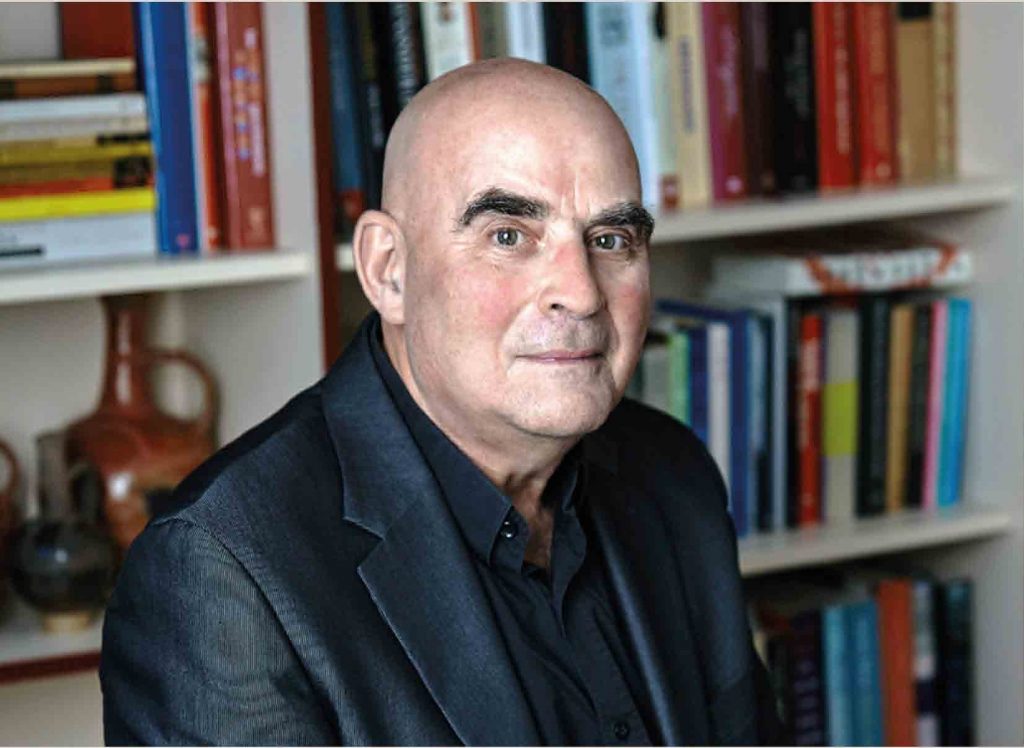
Jos van Beurden
Comment for Pressing Matter
My question about Pressing Matter takes me back to a major Dutch development program in the 1990s, which I was involved in: the Multi-annual, Multi-disciplinary Research Programs. The program was aimed at improving the life of people with hardships in, what we called then, developing countries. It was implemented in amongst others Vietnam, Bangladesh, Egypt, Tanzania, Mali. Peru and Nicaragua. The funding came from the ODA budget of the Dutch Foreign Office.
What the funder made possible, was disliked in some Dutch academic circles. The Southern participants appreciated their autonomy in setting up research programs of their own like, based on priorities defined and developed by the ultimate target population of development and implemented by mainly researchers from the countries involved. The autonomy included that the program holders controlled the budgets. At the time this a was radical step.
My question is whether a comparable shift in the organisation and the funding of Western (multi-annual, multi-disciplinary) provenance research programs to Southern partners is possible. In the case of programs such as Pressing Matter, these partners should decide about which objects or ancestral remains are to be researched, why, by whom and where. This requires an effort from both the Global South and the Global North. It would help to reduce the inequality, which results from the power asymmetry of the colonial period and also the present time.
Olivia Cunha
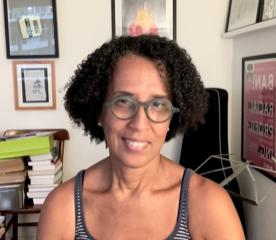
Comment for Pressing Matter
Over the last few years, I have interacted with myriad written and image artifacts amassed in “ethnographic archives.” However, as an anthropologist, I always focused on the creation and uses of things preserved in scientists’ and collectors’ hands and their modern institutions. But, when I turned my attention to materiality in a somewhat different context in my current research in Moengo, Suriname, it was the future and not the past of the things that began to interest me.
That happened when I witnessed the controversies arising from the installation of new art objects by Surinamese, Dutch, and North American artists in a project of art education initiated by the Maroon Ndyuka artist Marcel Pinas in Moengo (Suriname), namely, in the old facilities of the bauxite town founded by the colonial aluminum industry. Many families who recently had become Christians conceived large sculptures, paintings, visual inscriptions, and artistic interventions installed in a park and a museum – as the manifestation of the presence of their ancestors, as being associated with forest and river gods, avenge spirits, and other obscure forces associated to witchcraft. They were promises of troubled futures. The desire to connect the present of these displaced families – ex-refugees that returned to Moengo in the mid-1990s after the end of the Interior War (1986-1992) – to images, objects, and allusions of a stylized and aestheticized past has raised discussions about what it means to be a maroon person out of the context of villages. The creation of ‘art objects’ that allude to the traditional life in the Ndyuka villages or that connected Maroon people to artistic landscapes arose in accusations and controversies on ontological perspectives about a Maroon person.
My ethnographic and archival experiences enabled me to reconnect the materiality inside and outside the museums’ borders and inquire where they are grounded. My role as a critical friend at the Pressing Matter Project has been experiencing the effects of crossing the museum’s boundaries into distinct directions and exploring some possible understanding of the things or the concepts created out of these movements. “Each time other flows and movements involving objects previously obtained through a mixture of looting, acquisitions, donations, and violent actions are claimed to be recovered or “brought back home,” distinct voices seem to ask the same question: whose home?” (Cunha 2023). This questioning was the object of reflection in the November 2022 PM Meeting, when I was invited to speculate about the idea of a “house.” In “What Dwells There? Some Reflections on the Houses that Hold Worlds” (Journal of World Philosophies, Indiana University Press. Vol. 8, Number 2: 18-33, 2023), the past and future effects of the movement of the things that inhabit “houses” such as museums are reconceived by different Others.
Tular Sudarmadi
Comment for Pressing Matter
Picture and comments to appear here soon
Joe Horse Capture
Comment for Pressing Matter
Picture and comments to appear here soon
Ciraj Rassool
Comment for Pressing Matter
Picture and comments to appear here soon
